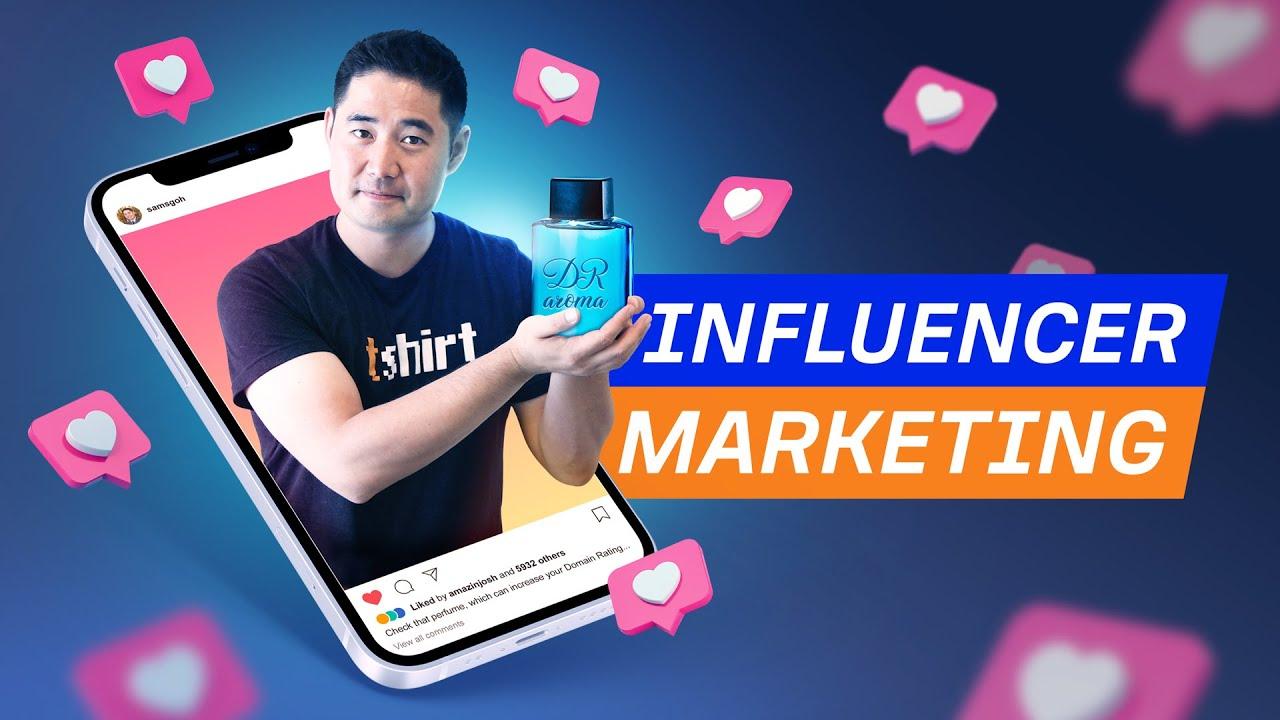
In today’s digital landscape, the fusion of influence and innovation has birthed a new era of marketing where creativity meets commerce at the click of a button. At the forefront of this revolution is YouTube, a platform that has transformed ordinary individuals into powerful influencers, driving trends and shaping consumer behaviors with captivating content. Though, behind the glitz and glamour of influencer marketing lies a complex web of legal considerations and regulations that can easily trip up the unwary. As brands and creators alike venture into this uncharted territory,understanding the legal nuances becomes essential. This article aims to illuminate the often-overlooked legal terrain of YouTube influencer marketing, providing valuable insights that equip marketers and influencers alike to navigate challenges and seize opportunities in this dynamic marketplace. Join us as we explore the intersection of creativity and compliance, fostering a deeper understanding of how to thrive in the world of YouTube influencer marketing while staying firmly on the right side of the law.
Understanding the Legal landscape of Influencer marketing
In the realm of influencer marketing, particularly on platforms like YouTube, understanding the regulatory framework is crucial for both influencers and brands. The Federal Trade Commission (FTC) in the United States mandates clear disclosures when influencers promote products or services. This requirement aims to maintain clarity and build trust with the audience.key points to consider include:
- Clear Disclosures: Influencers should make it evident when a post is sponsored or contains affiliate links. The use of hashtags like #ad or #sponsored is recommended.
- Audience Understanding: the disclosure must be easily noticeable and understandable, ensuring that the average viewer can differentiate between genuine content and promotional material.
- Jurisdictional Variations: Different countries may have varying requirements,so it’s crucial for influencers operating internationally to familiarize themselves with local regulations.
Moreover, brands collaborating with influencers should establish thorough contracts that delineate the expectations and responsibilities of both parties. This includes content guidelines, payment terms, and the legal repercussions of not adhering to the agreed-upon standards. Below is a simple overview of vital elements to include in these contracts:
| Contract Element | Description |
|---|---|
| Content Rights | Define who retains ownership of the content created. |
| Content Guidelines | Specify tone, style, and brand messaging requirements. |
| Posting Schedule | Outline timelines for content delivery and posting. |
| Dispute Resolution | Include provisions for resolving disagreements. |

Key Regulations Every YouTube Influencer Should Know
Understanding the legal landscape is crucial for YouTube influencers, especially given the dynamic nature of content creation and marketing. Federal trade Commission (FTC) guidelines require influencers to disclose any material connections with brands, meaning if you’re being paid, sponsored, or received free products, that must be clear to your audience. Failure to comply can lead to hefty fines and damage to your credibility. Always aim for transparency; using phrases such as #ad or #sponsored in your posts helps maintain integrity and trust.
Moreover, copyright laws play a pivotal role in safeguarding content. Influencers need to be cautious about using copyrighted material without permission—this includes music, video clips, and images. It’s recommended to employ Royalty-Free or Creative Commons licensed content and to always credit source creators when applicable.Here’s a quick overview of key regulations that influencers should consider:
| Regulation | Description |
|---|---|
| FTC Regulations | Mandate clear disclosures for material connections in sponsored content. |
| Copyright laws | Protect original content requiring permission for usage of copyrighted materials. |
| Privacy Regulations | Enforce protection of personal data and compliance with laws like GDPR. |
| Child Online Privacy Protection Act (COPPA) | Applies to content targeting children; requires additional consent and restrictions. |

Building Transparent Partnerships: Best Practices for Compliance
In the world of influencer marketing,establishing clear,transparent partnerships is essential for maintaining compliance and ensuring audience trust. To achieve this, brands and influencers should prioritize open interaction and document all agreements thoroughly. Consider implementing the following best practices:
- Disclosure of Relationships: Always make it clear when content is sponsored. This can be achieved by using hashtags such as #ad or #sponsored, which inform viewers of the nature of the partnership.
- Detailed Contracts: Create comprehensive contracts that outline expectations, deliverables, compensation, and timelines, preventing misunderstandings that could lead to compliance issues.
- Regular Compliance Reviews: Conduct periodic audits of marketing materials to ensure all content remains compliant with FTC guidelines and platform rules.
Furthermore, it’s crucial to stay informed and adaptable, as the legal landscape is continuously evolving. A useful approach for managing compliance is to document your processes and track partnerships using a structured table. Below is a simple example of how you might organize your collaborations:
| Influencer Name | Platform | Campaign type | Disclosure Used |
|---|---|---|---|
| Jane Doe | youtube | Product Launch | #ad |
| John Smith | YouTube | Brand Collaboration | #sponsored |
By fostering transparency and adhering to compliance best practices, brands can build stronger, more trustworthy partnerships with influencers while navigating the complex legal terrain of digital marketing with confidence.

Protecting Your Brand: Strategies to Mitigate Legal Risks
In the dynamic landscape of YouTube influencer marketing, safeguarding your brand from potential legal pitfalls is essential. One effective strategy is to establish clear contractual agreements with influencers, outlining the expectations, content guidelines, and legal liabilities for both parties involved. This not only protects your intellectual property but also clarifies the influencer’s responsibilities regarding disclosure and compliance with advertising standards. It’s crucial to ensure that contracts contain specific clauses covering issues such as content ownership, confidentiality, and even dispute resolution mechanisms to effectively manage any arising conflicts.
another practical approach is to provide comprehensive guidelines for influencers, detailing your brand values and voice. By doing so, you help shape the narrative and maintain consistency across different platforms while minimizing the risk of misrepresentation. Additionally, it’s vital to monitor the content produced by influencers to ensure adherence to legal standards as well as your brand’s identity. The following table presents key areas to focus on when drafting your guidelines and contracts:
| Focus Area | Description |
|---|---|
| Content Ownership | Clearly define rights to use and distribute the content created. |
| Disclosure Requirements | Mandate compliance with FTC guidelines for sponsored content. |
| Brand Depiction | Outline how the influencer should communicate your brand message. |
| Indemnification | establish liability terms to protect against legal claims. |
The Conclusion
As we conclude our exploration of the intricate world of influencer marketing on YouTube, it becomes evident that navigating this legal terrain is both an art and a science. The dynamic interplay between creativity and compliance creates a landscape ripe with opportunity, but also fraught with potential pitfalls. By equipping yourself with the right knowledge, understanding the regulatory frameworks, and fostering transparency with your audience, you can not only elevate your marketing strategies but also build lasting trust and authenticity.
In this ever-evolving digital marketplace, staying informed is your best ally. As the boundaries of influencer marketing continue to shift, a proactive approach to legal considerations will ensure not only the success of your campaigns but also the integrity of your brand. So,as you set forth on your journey in the vibrant realm of YouTube,remember: informed decisions lay the groundwork for impactful connections and enduring growth. Embrace the challenge, and let your creativity shine within the parameters of the law.